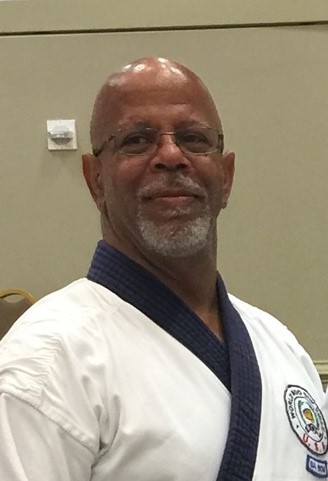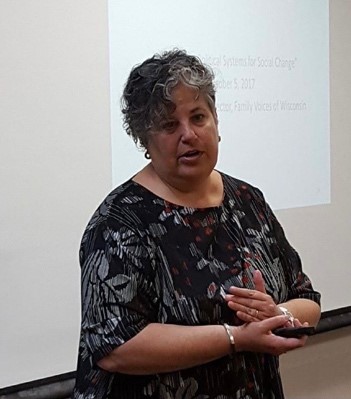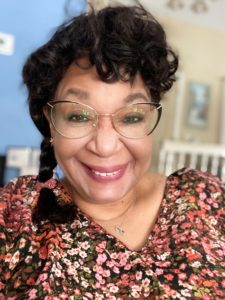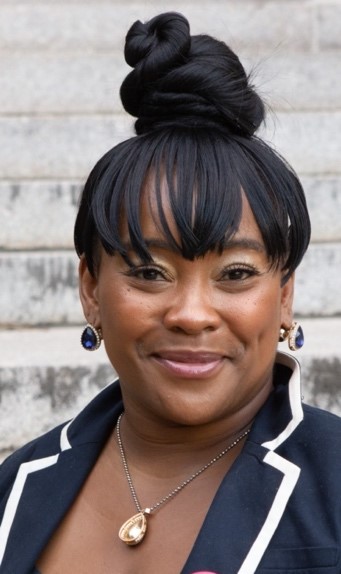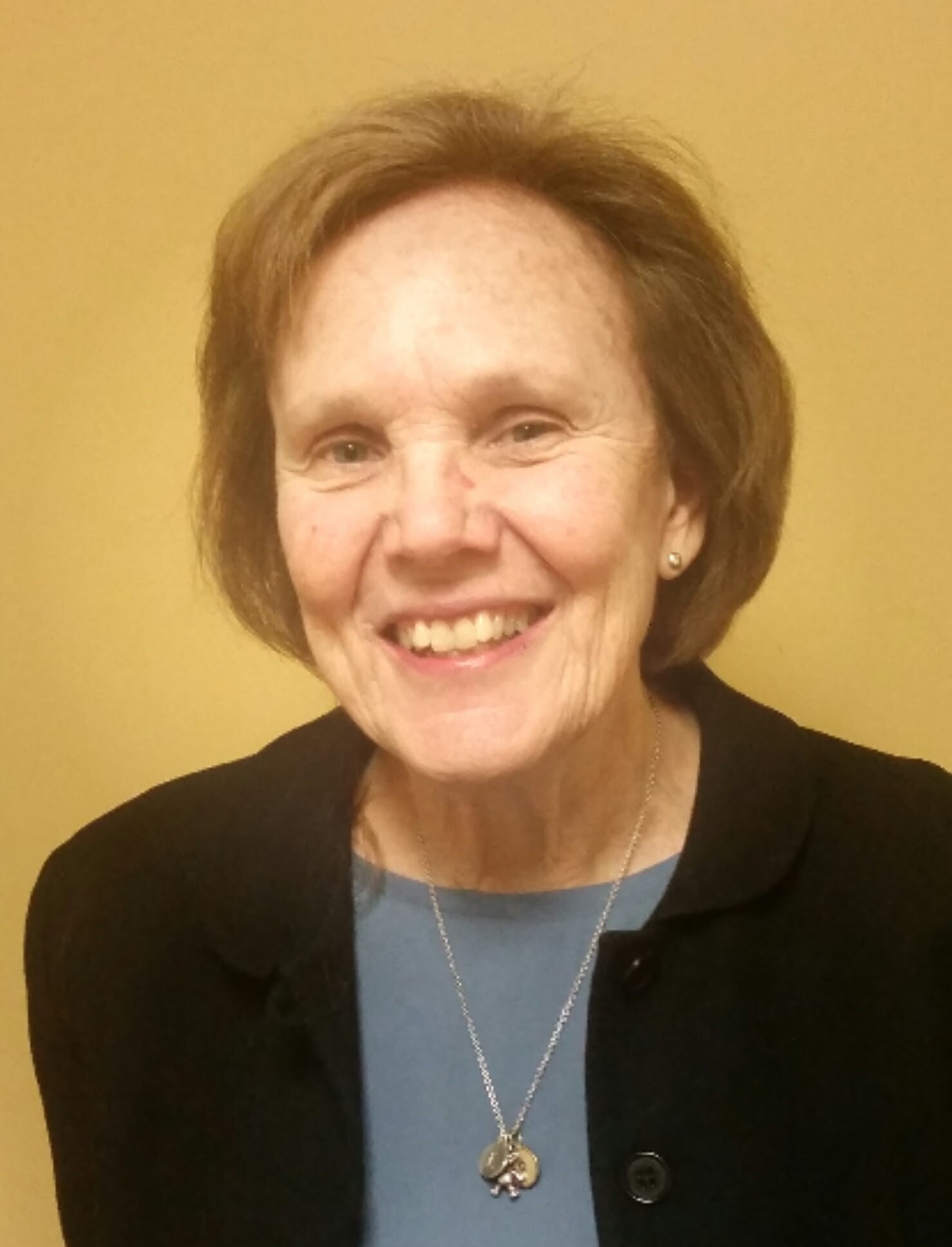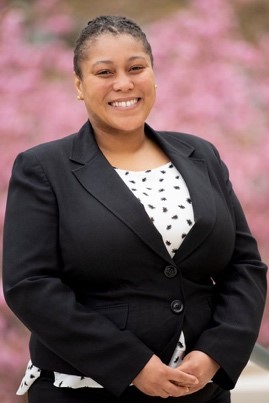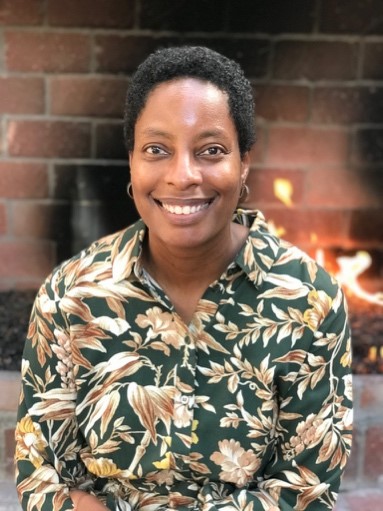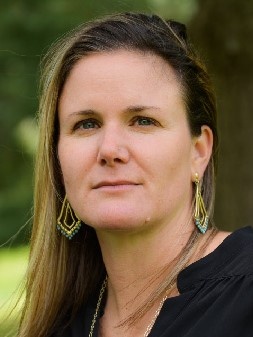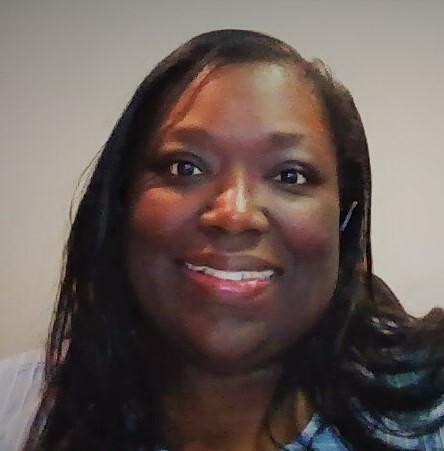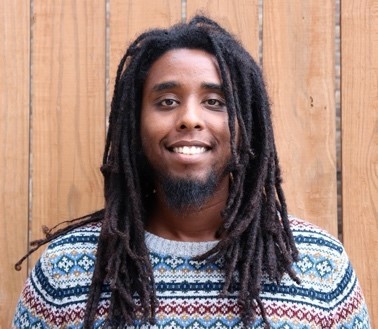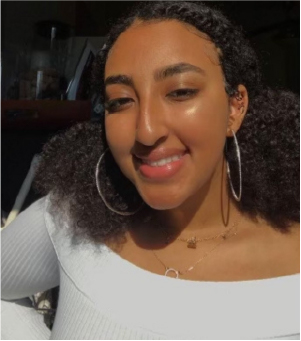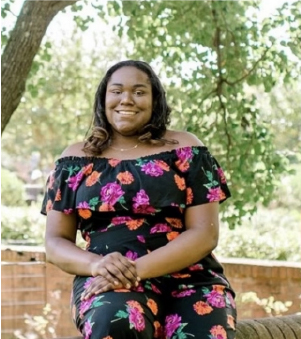
 Family Engagement and Leadership in Systems of Care
Family Engagement and Leadership in Systems of CareWhat We Know About CYSHCN

Who They Are
Approximately 25% of households in the United States have children and youth with special health care needs (CYSHCN), who are at risk for chronic physical, developmental, behavioral, or emotional conditions.
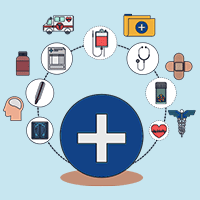
The Care They Receive
Almost 86% of CYSHCN age 1 – 17 years do not have access to a well-functioning system of services. Furthermore, CYSHCN are less likely than other children to receive care in a medical home.
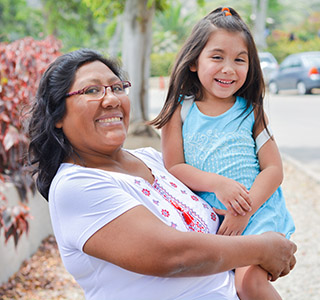
Socioeconomic Status
Nationally, only 10.2% of CYSHCN who live in poverty (household income < 99% FPL) receive care in a well-functioning system, compared to 16.2% of CYSHCN in households with income > 400% FPL. Limited household income impacts families’ ability to obtain referrals and navigate systems and transitions.

Family Supports
Parents of CYSHCN are almost four times more likely to cut back their work hours or stop working altogether to manage their child’s health needs. This has an impact on family income and career advancement for parents.
Where They Live
Geography and diagnosis affect a child’s access to a well-functioning system of care. Only 1.8% of children with autism receive care in a well-functioning system. There are significant differences in diagnosis and access to autism services for children in rural communities. While not specific to children, people living in rural and Health Professional Shortage Areas (HPSAs) historically have more unmet health needs.
More Complex Health Needs
Fifteen percent of children in the US have complex health needs. This means they needs specialized services and therapies – such as pediatric specialist care; early intervention; mental health care; special education; physical, occupational, or speech therapies – to manage their developmental needs and chronic health conditions.


